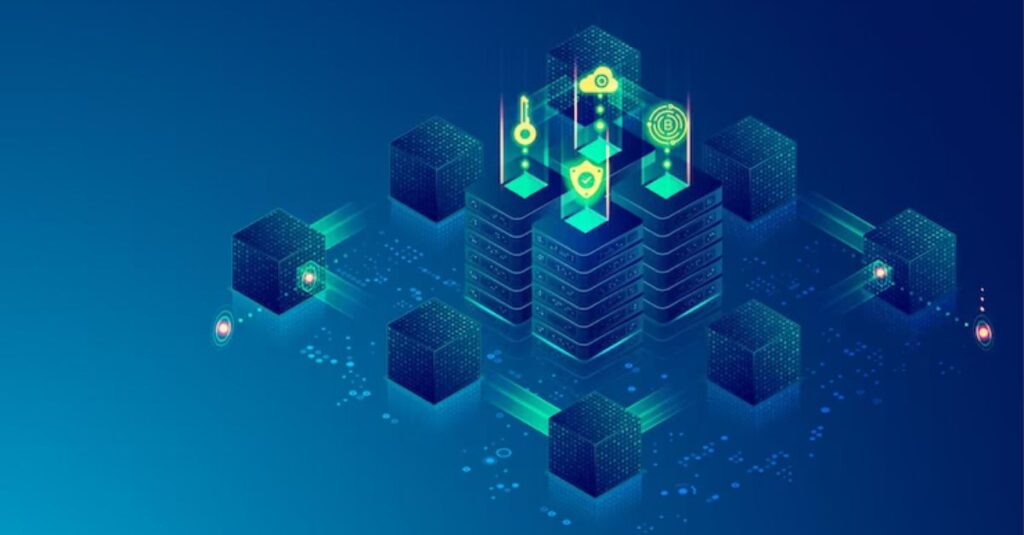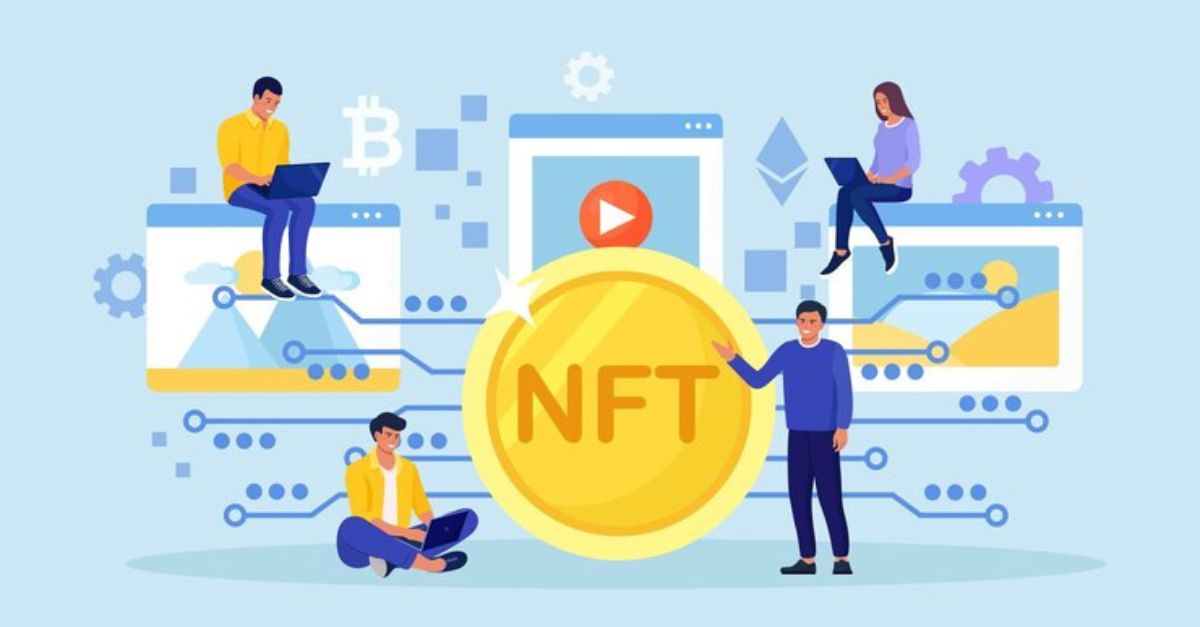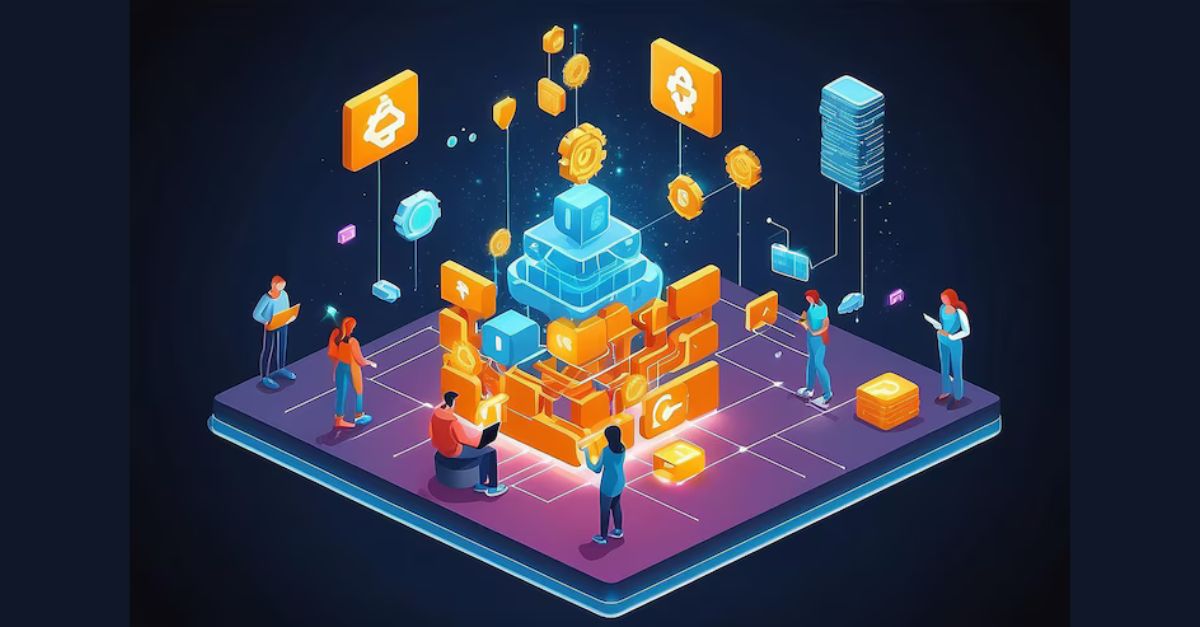
I
n today’s rapidly evolving financial landscape, the concept of tokenization has emerged as a revolutionary force, offering unprecedented opportunities to create and exchange value. From real-world assets (RWAs) to digital securities, the potential for tokenization to reshape traditional markets is vast and transformative. At the heart of this phenomenon lies the ability to leverage the power of digital assets to unlock new avenues of value creation.
On a blockchain, tokenization is the process of transforming an asset’s rights into a digital token. Doing so enables fractional ownership, liquidity, and seamless transferability of assets that were once illiquid and traditionally confined to specific markets. This democratizing access to assets opens up a world of possibilities for investors, offering them exposure to a diverse range of assets previously beyond their reach.
Understanding Tokenization and Its Various Types
Tokenization is the process of converting the rights to an asset into digital tokens on a blockchain. These tokens represent ownership or stakes in the underlying asset and are recorded and managed through distributed ledger technology. There are various types of tokenization, including:
- Asset-backed Tokens: These tokens represent ownership of real-world assets such as real estate, art, or commodities. Through tokenization, these traditionally illiquid assets become divisible, transferable, and accessible to a broader range of investors.
- Security Tokens: Security tokens represent ownership in a company, equity, or debt. They are subject to regulatory frameworks and offer investors the benefits of traditional securities, such as dividends and voting rights, with the added advantages of blockchain technology.
- Utility Tokens: Utility tokens grant users access to particular goods or services within a blockchain network. They are not designed as investments but rather as a means of accessing and utilizing a platform or network.
Advantages of Asset Tokenization
Asset tokenization, the process of converting rights to an asset into digital tokens on a blockchain, offers a plethora of advantages revolutionizing traditional asset ownership and investment. Let’s delve deeper into the benefits:
Liquidity Enhancement:
Traditional assets such as real estate, fine art, or private equity are often illiquid, meaning it’s challenging to quickly convert them into cash without significant effort or cost. Tokenization transforms these assets into digital tokens, facilitating fractional ownership and secondary trading on blockchain-based exchanges. This increased liquidity opens up opportunities for investors to buy and sell assets more easily, reducing the time and cost associated with traditional asset transactions.
Fractional Ownership:
Tokenization enables the fractional ownership of assets, breaking them down into smaller, more affordable units. A wider spectrum of investors can now participate in the high-value asset market thanks to this fractionalization. Individuals who may not have had the capital to invest in entire properties, artworks, or other valuable assets can now own a fraction of these assets, promoting financial inclusion and diversification.
Operational Efficiency:
Smart contracts, self-executing agreements with the terms of the contract directly written into code, automate various processes involved in asset management, such as compliance, settlement, and dividend distribution. This automation reduces administrative overhead, eliminates intermediaries, and streamlines transactions, resulting in faster and more cost-effective asset management processes.
Transparency and Security:
Tokenization leverages distributed ledger technology (DLT), commonly blockchain, to maintain transparent and immutable records of ownership and transactions. Each transaction is recorded on the blockchain, providing a transparent audit trail accessible to all authorized parties. This transparency reduces the risk of fraud, ensures accurate ownership records, and enhances trust among stakeholders. Additionally, cryptographic techniques employed in blockchain technology enhance the security of transactions, protecting against unauthorized access and tampering.
Global Accessibility:
Digital tokens can be traded globally, transcending geographical boundaries and opening up investment opportunities to a more diverse pool of investors. This global accessibility enhances market efficiency and liquidity, as assets are no longer constrained by local markets or regulatory barriers.
Industries Utilizing Tokenization
- Real Estate: Real estate tokenization has emerged as a disruptive force in the property market. Through tokenization, investors can access fractional ownership of high-value properties, such as commercial real estate or residential developments. This fractionalization lowers the barrier to entry for investors, allowing them to diversify their portfolios and participate in real estate markets traditionally reserved for institutional investors. Moreover, tokenization enhances liquidity in the real estate market by enabling secondary trading of property-backed tokens, providing investors with greater flexibility and exit opportunities.
- Finance: In the finance sector, tokenization is revolutionizing the way traditional securities are issued, traded, and managed. By tokenizing assets such as stocks, bonds, and derivatives, financial institutions can streamline processes, reduce settlement times, and mitigate counterparty risk. Additionally, tokenization enables the fractional ownership of assets, allowing investors to access diversified portfolios and invest in previously illiquid assets.
- Supply Chain: Tokenization is reshaping supply chain management by providing transparency, traceability, and accountability throughout the supply chain. Smart contracts facilitate automated transactions and payments based on predefined conditions, reducing delays, disputes, and fraud. Tokenization also enables stakeholders to access real-time data and analytics, empowering them to optimize supply chain processes and improve operational efficiency.
- Healthcare: The healthcare industry is increasingly exploring the potential of tokenization to address various challenges, including data management, patient care, and supply chain logistics. Through tokenization, patient health records can be securely stored and shared among healthcare providers, ensuring data privacy and interoperability. Additionally, tokenization can streamline the management of pharmaceutical supply chains, ensuring the authenticity and integrity of medications from production to distribution.
Unlocking Opportunities: Realizing the Potential of Tokenization
Tokenization represents a paradigm shift in how assets are owned, traded, and valued. By converting real-world assets into digital tokens, tokenization unlocks liquidity, streamlines transactions, and democratizes access to wealth creation opportunities. As industries across the globe continue to embrace tokenization, we can expect to see further innovation, disruption, and transformation in the way value is created and exchanged in the digital age.
We hope that this blog post helped you better understand tokenization on the blockchain and how different industries are being affected by it. If you have any requirements, contact us.


